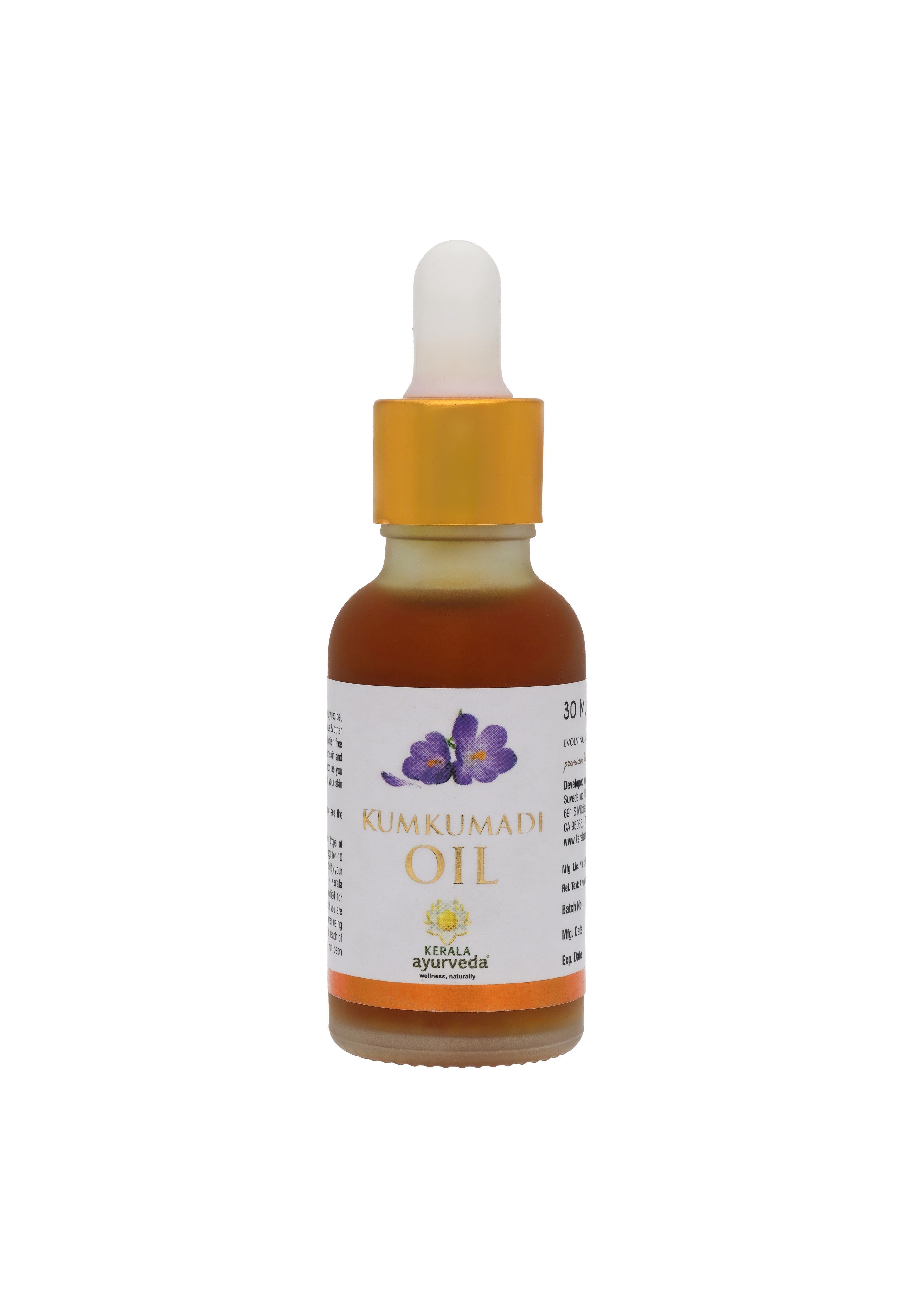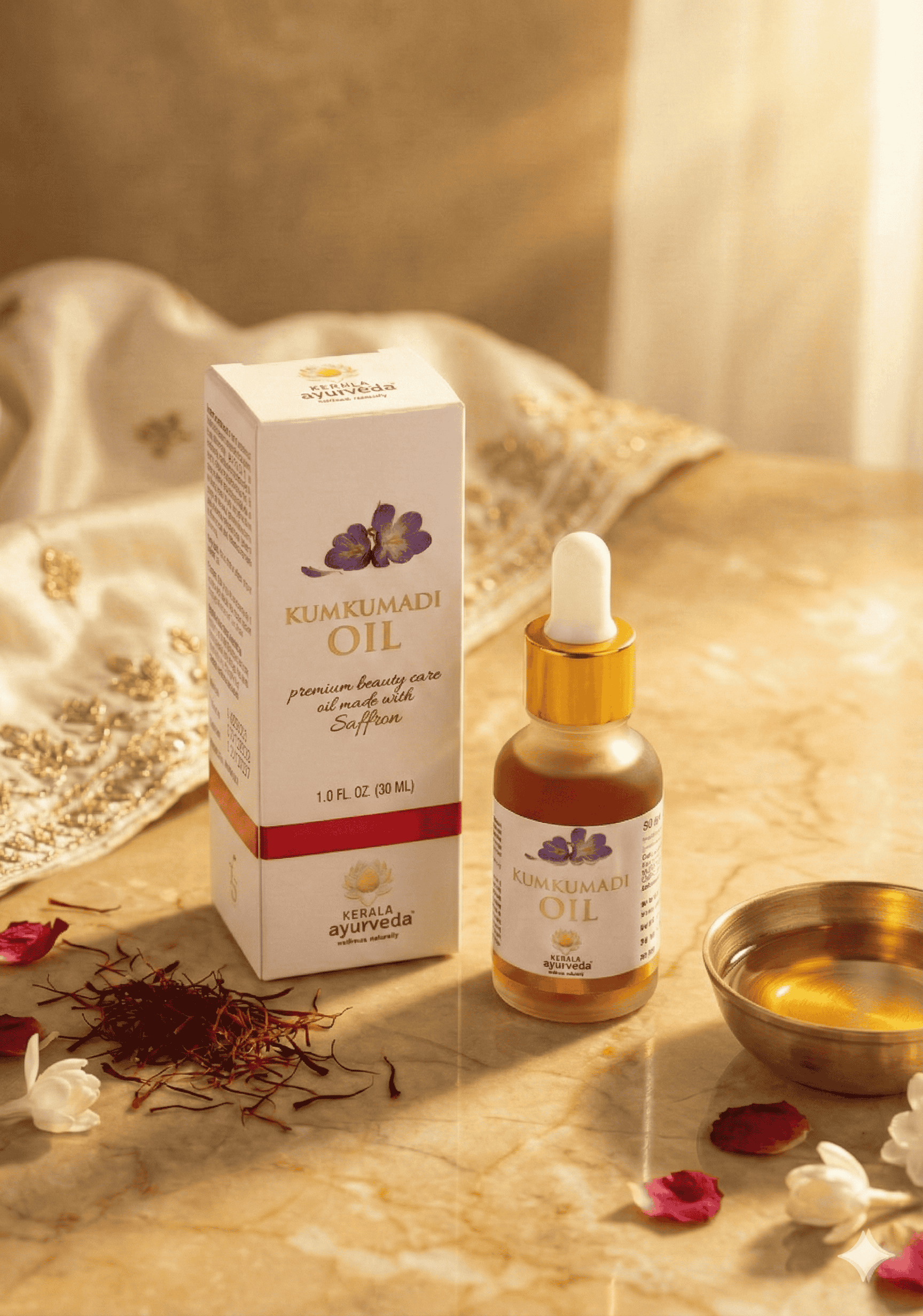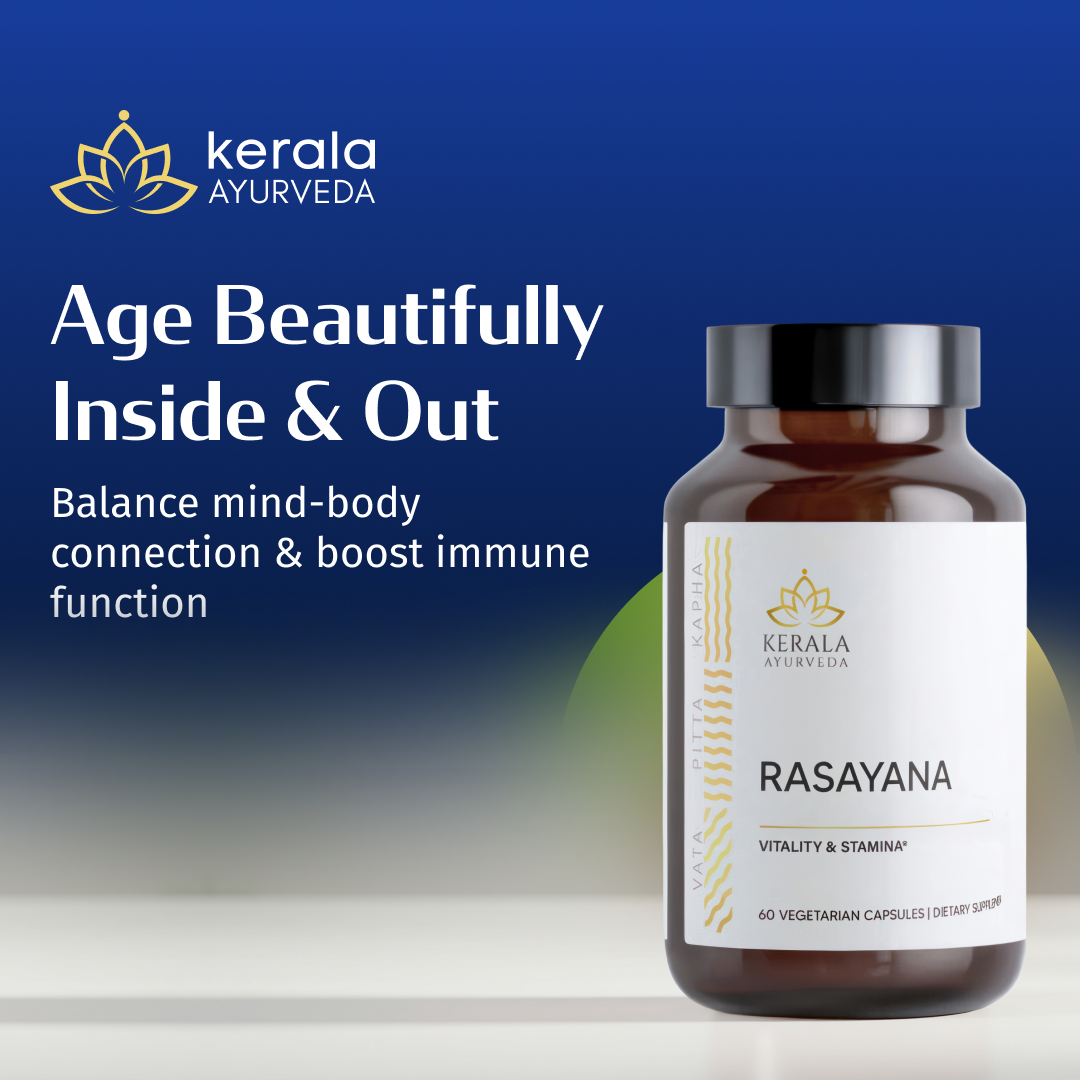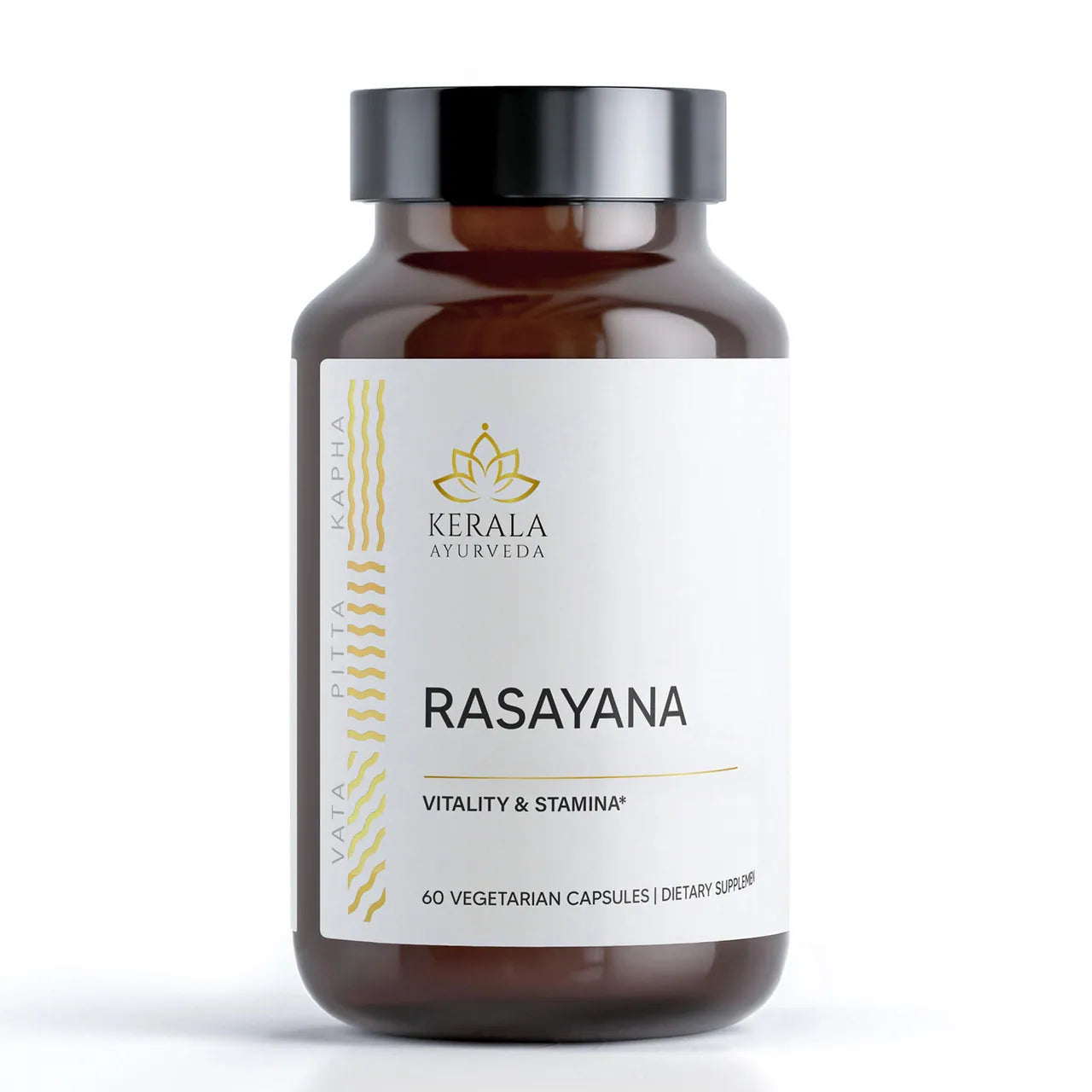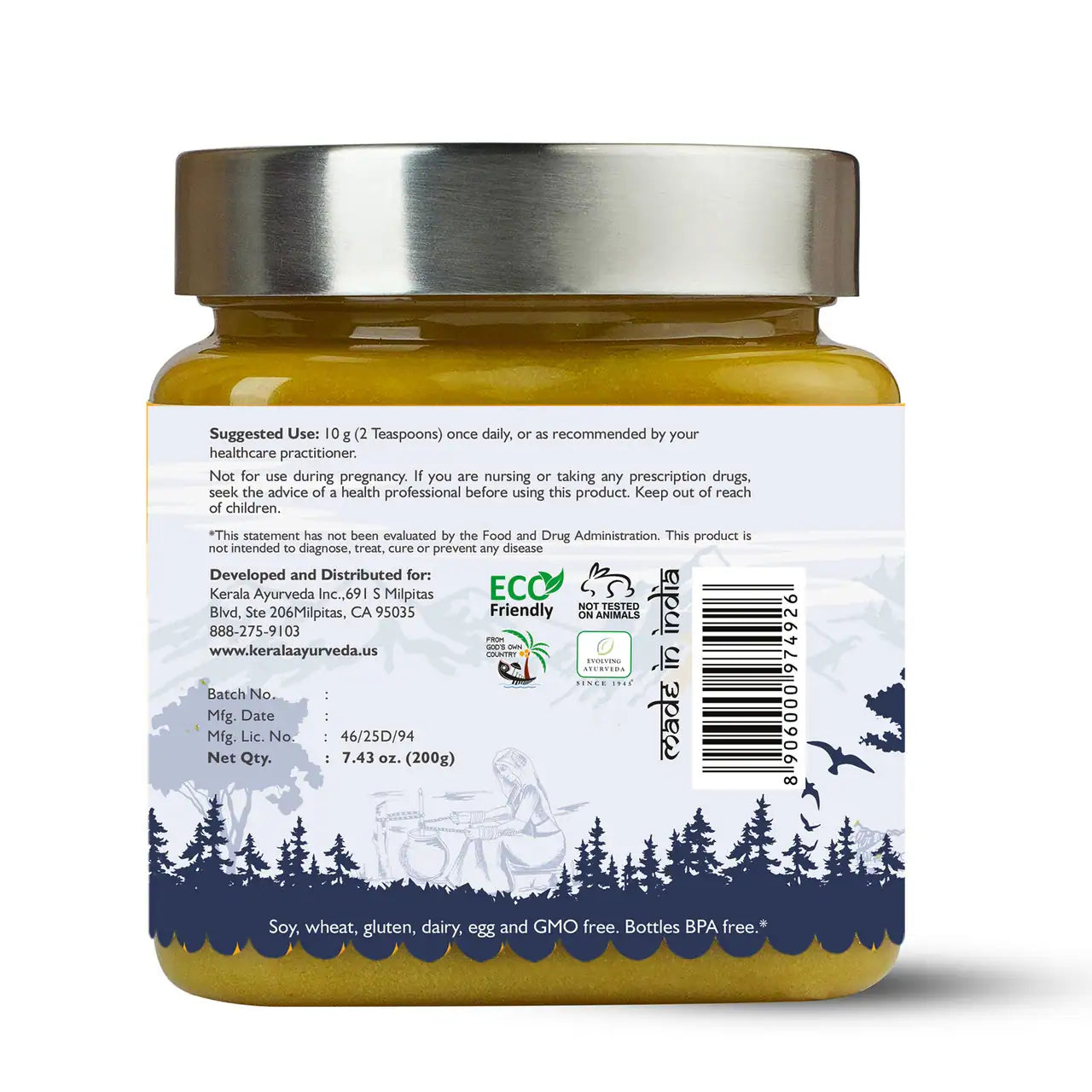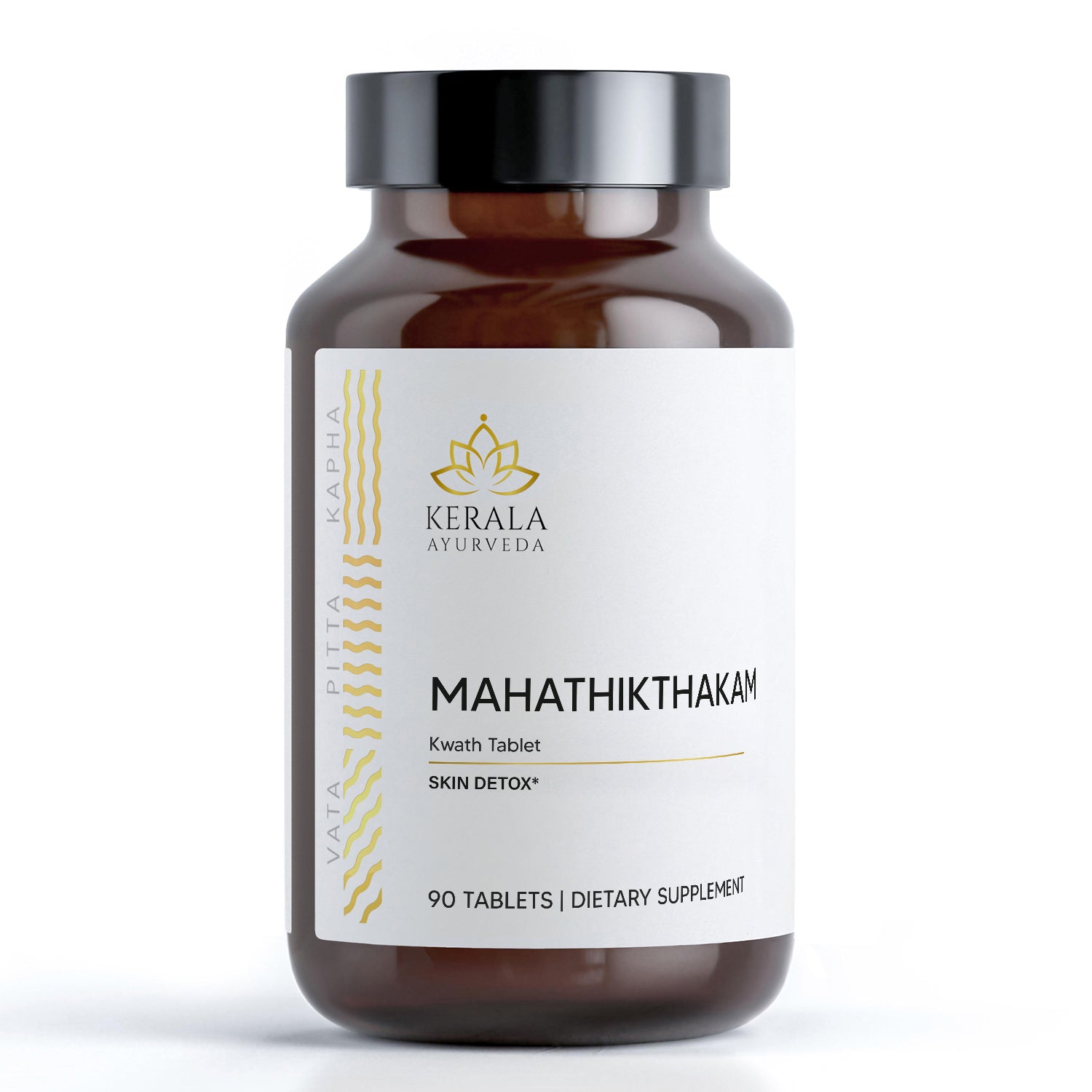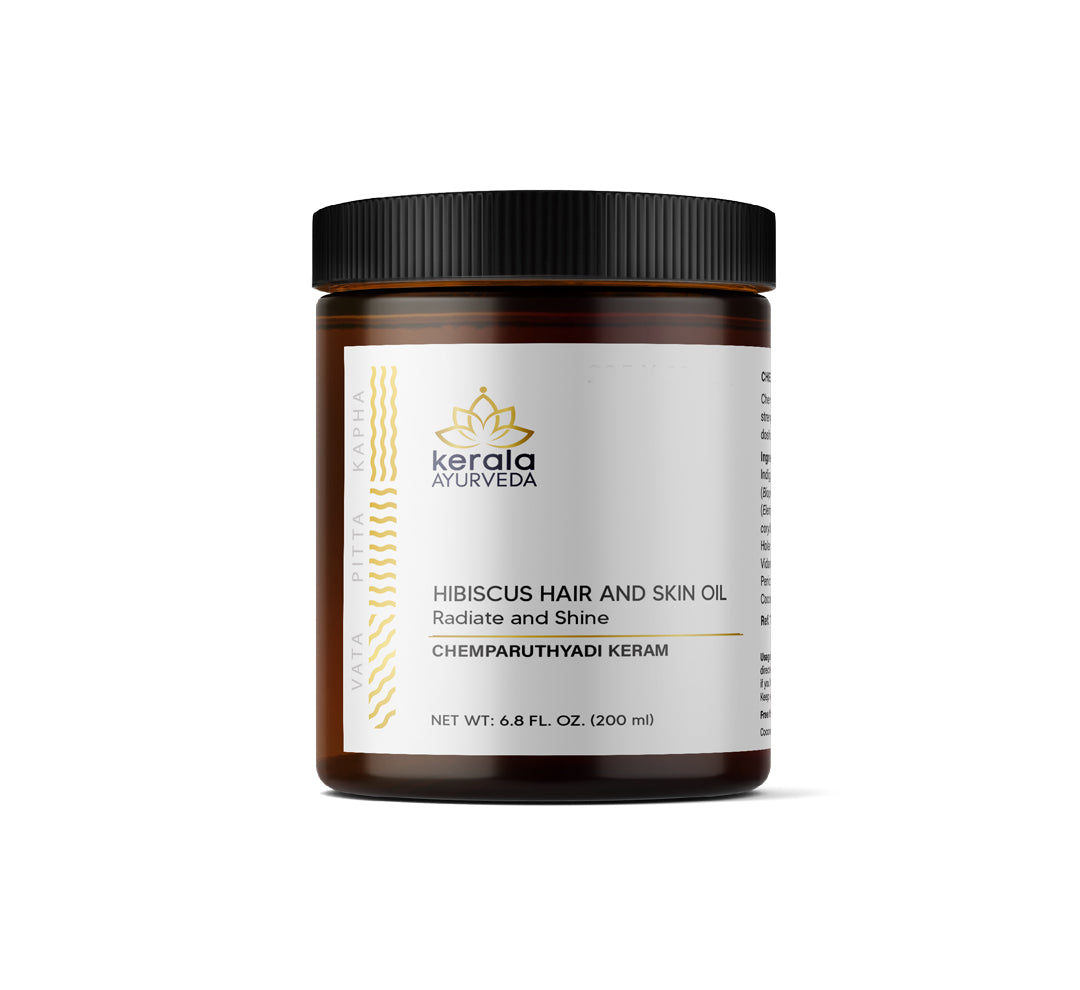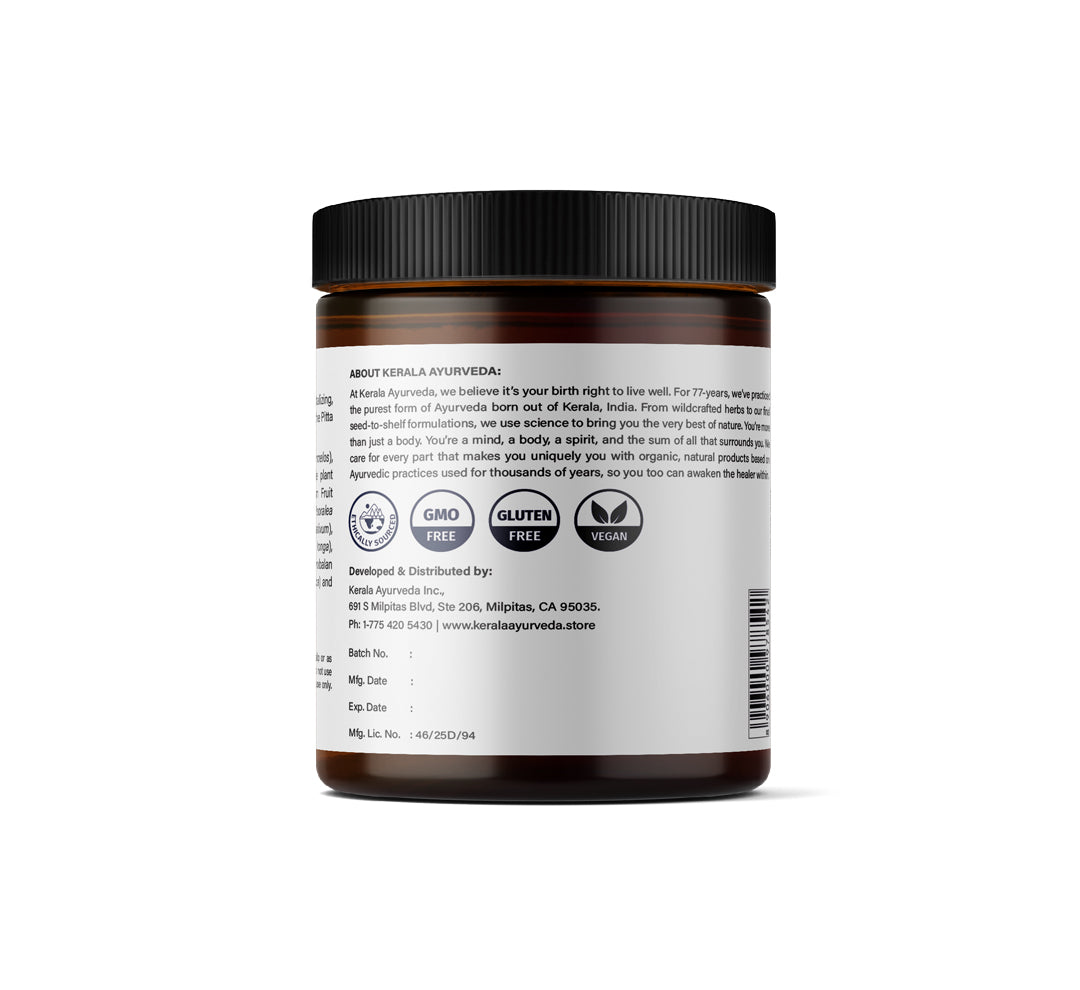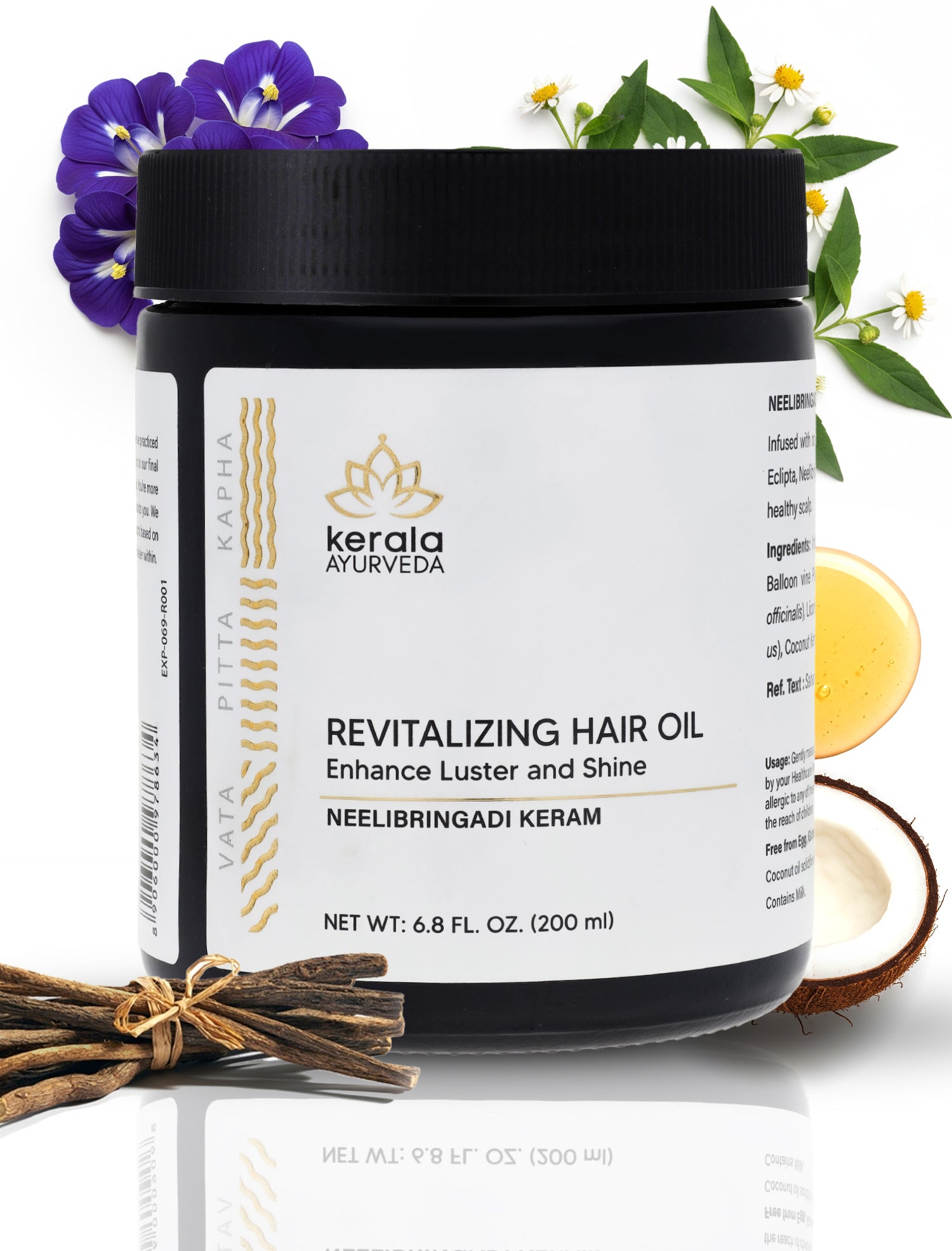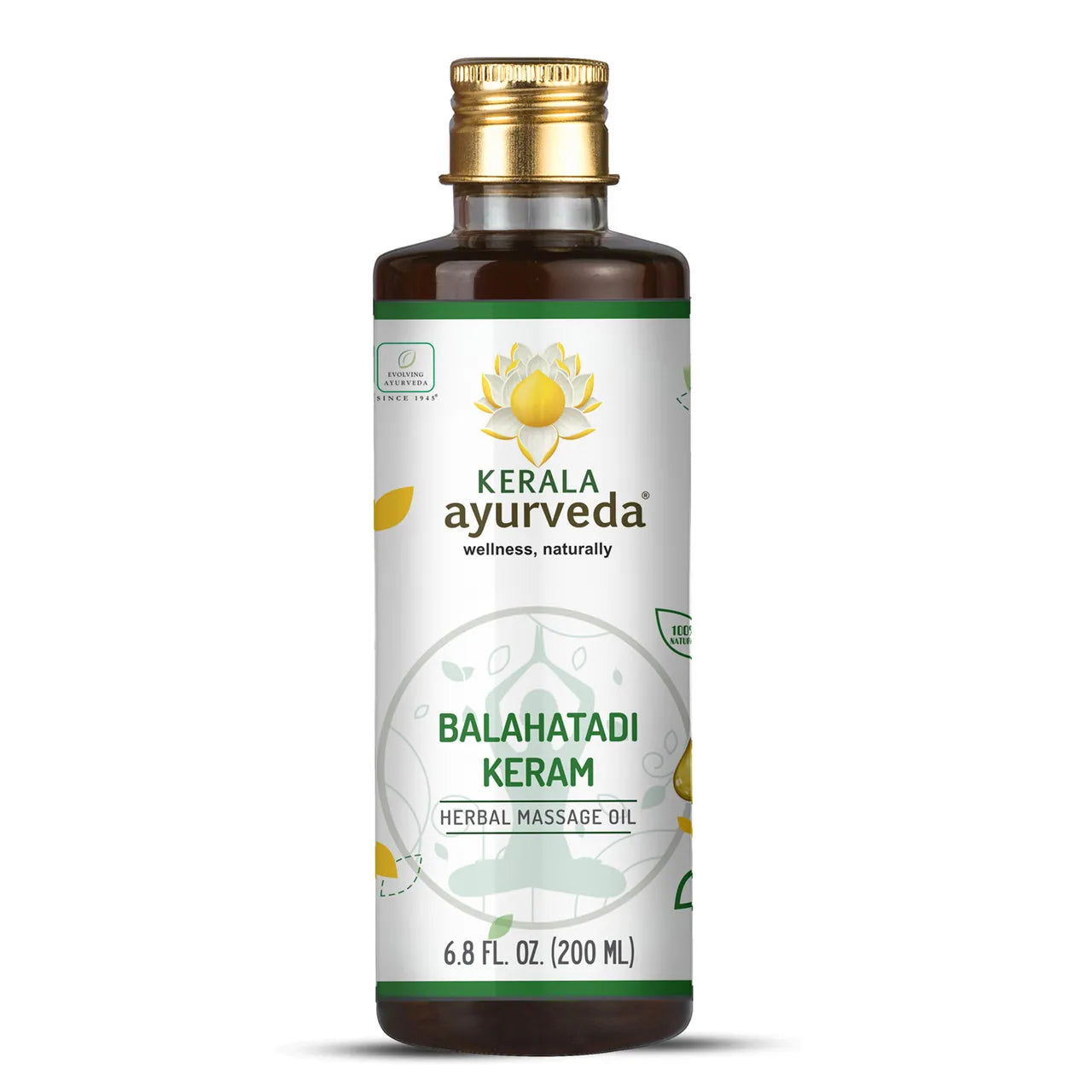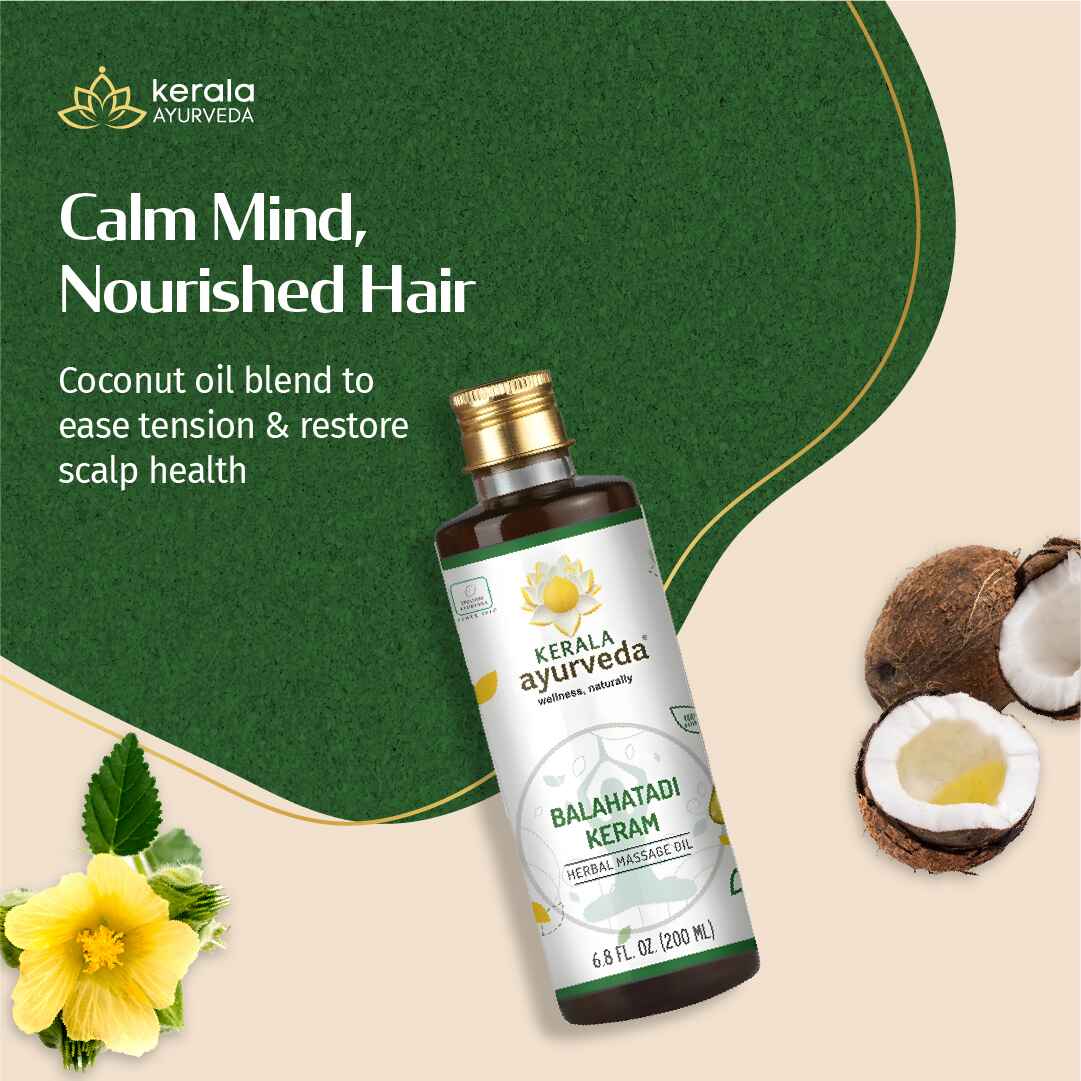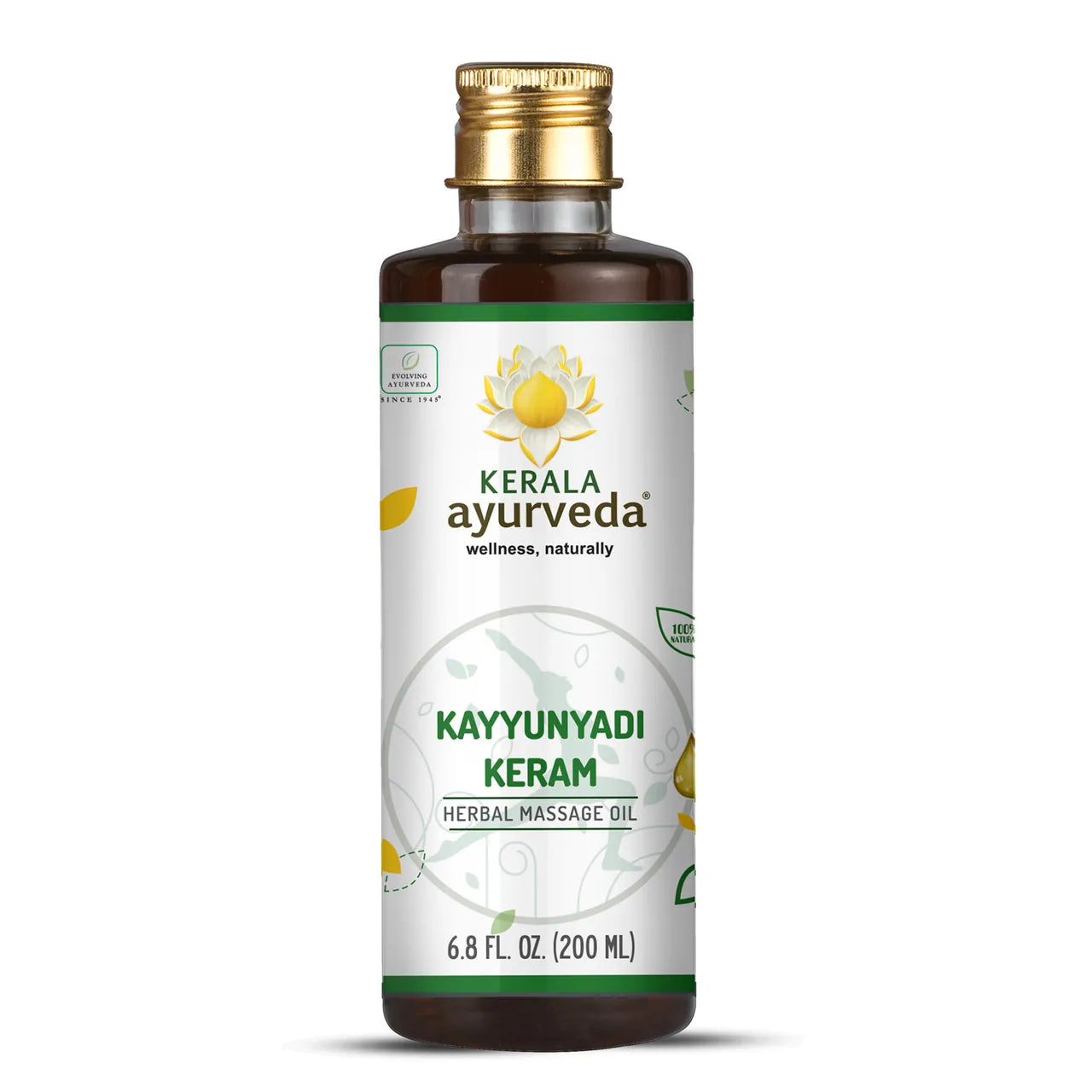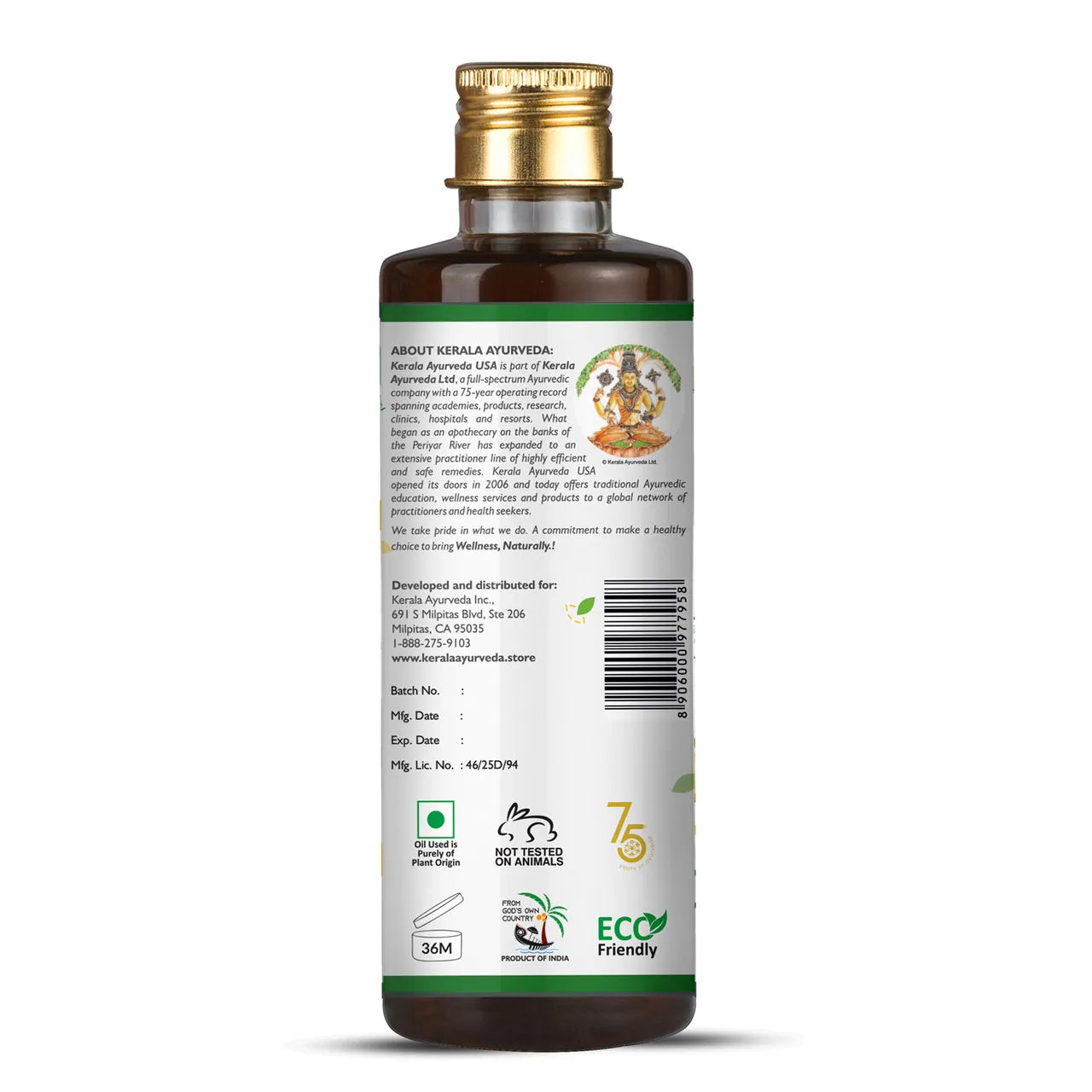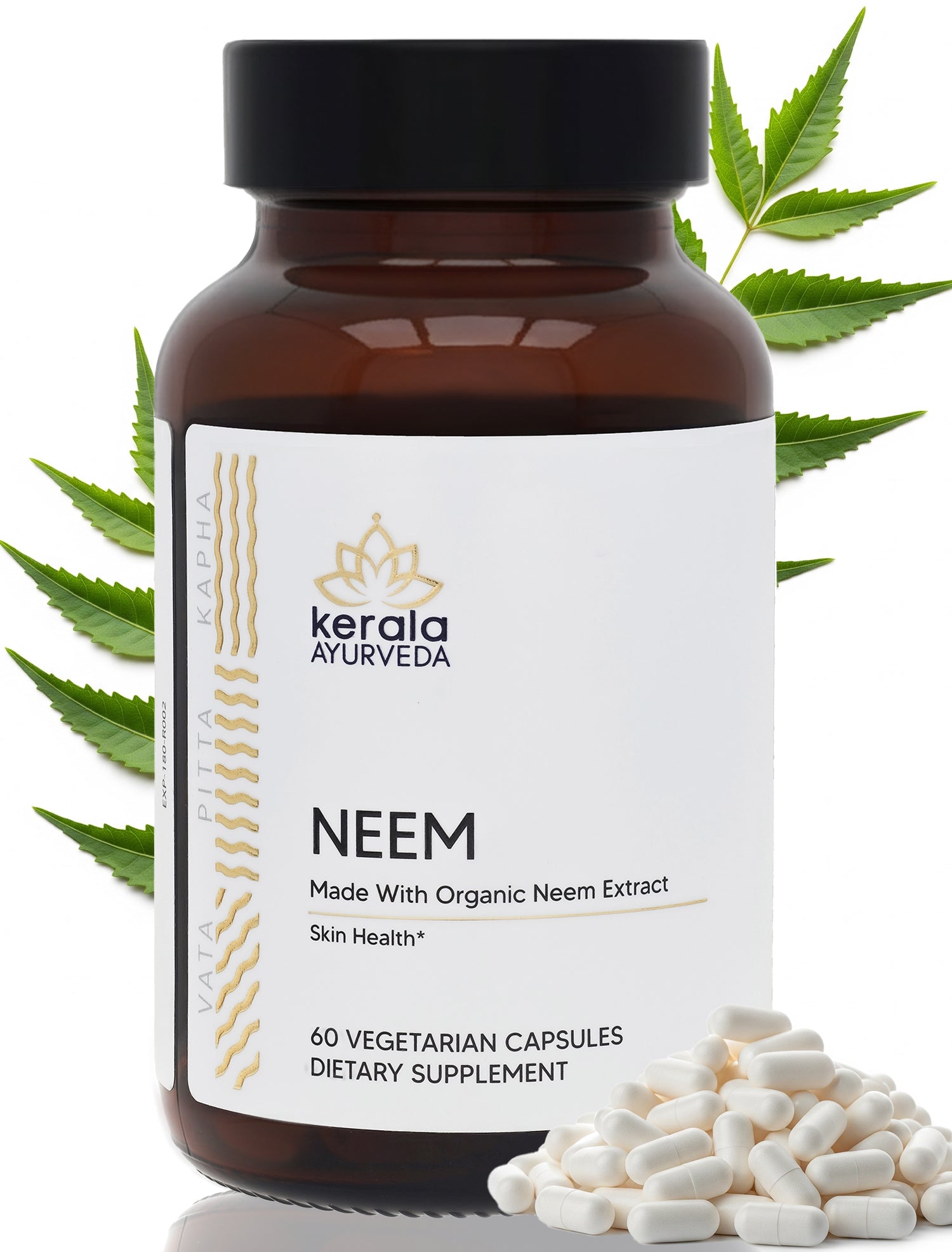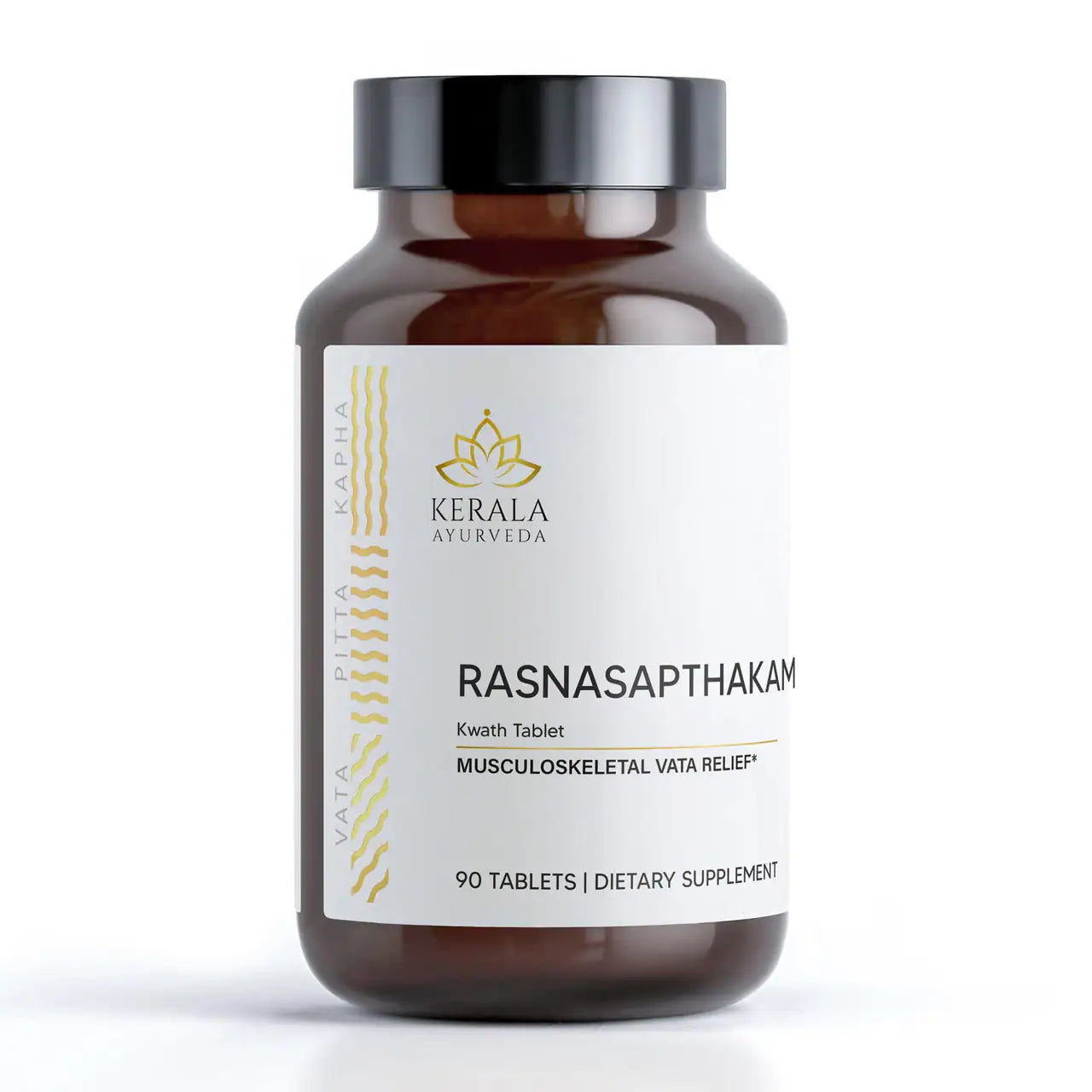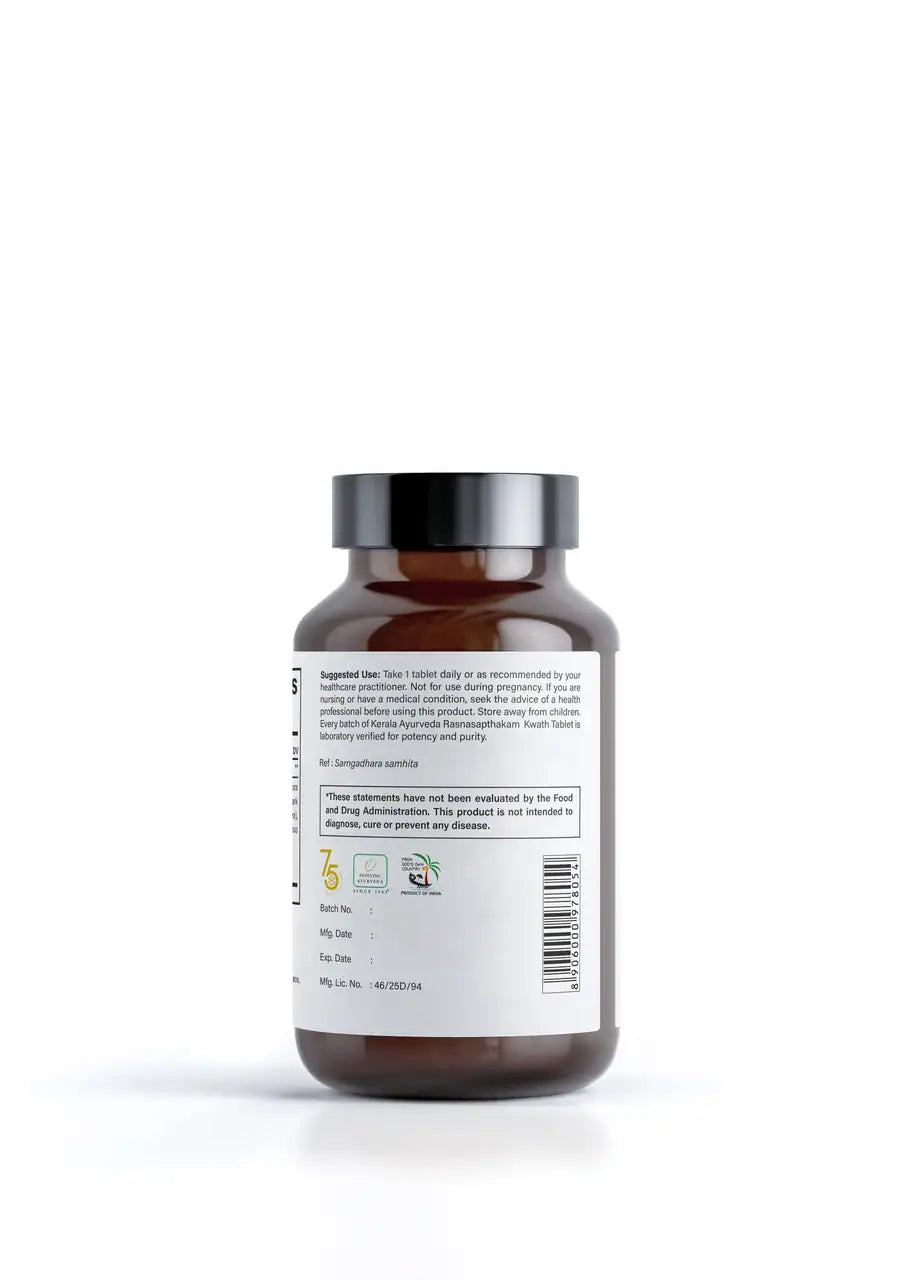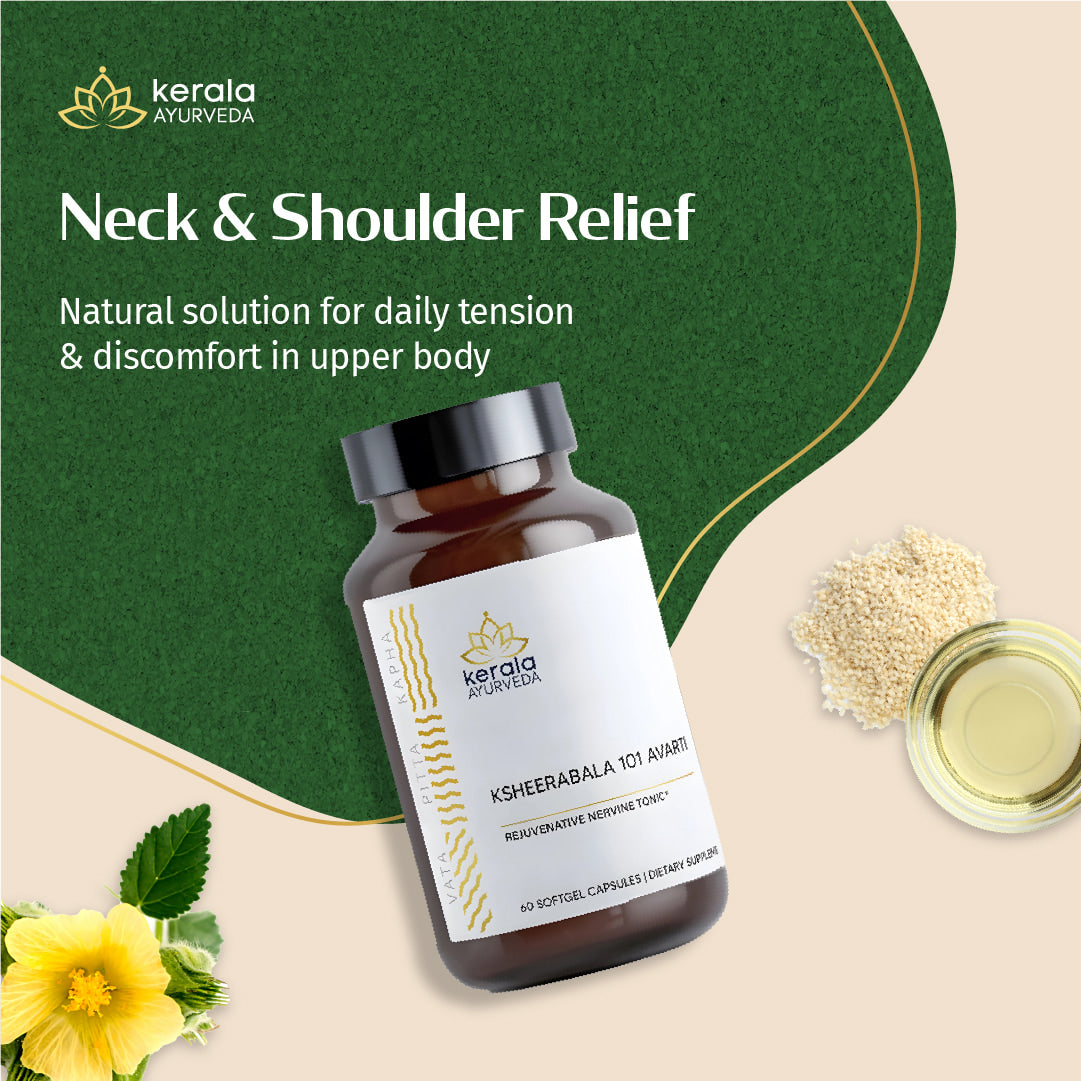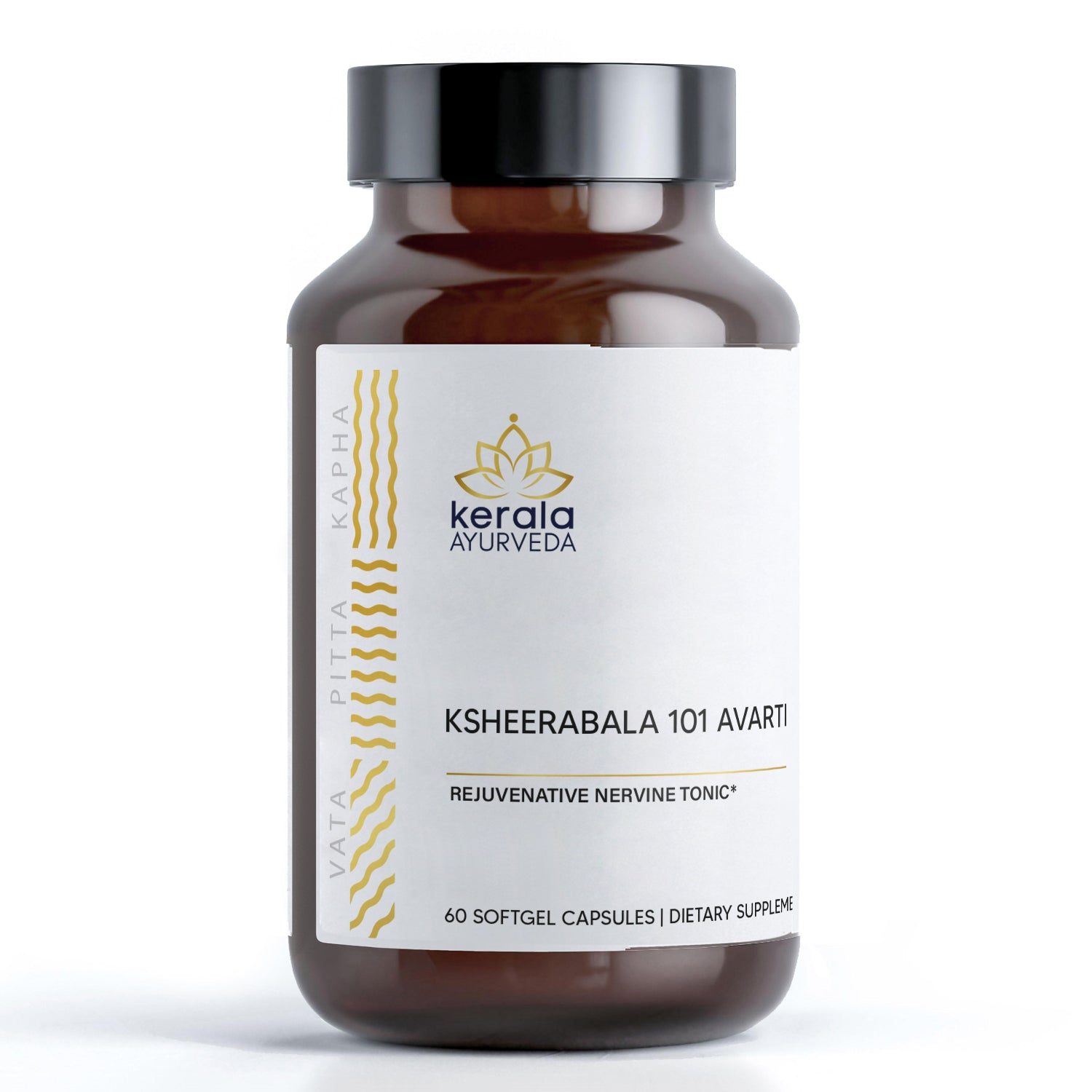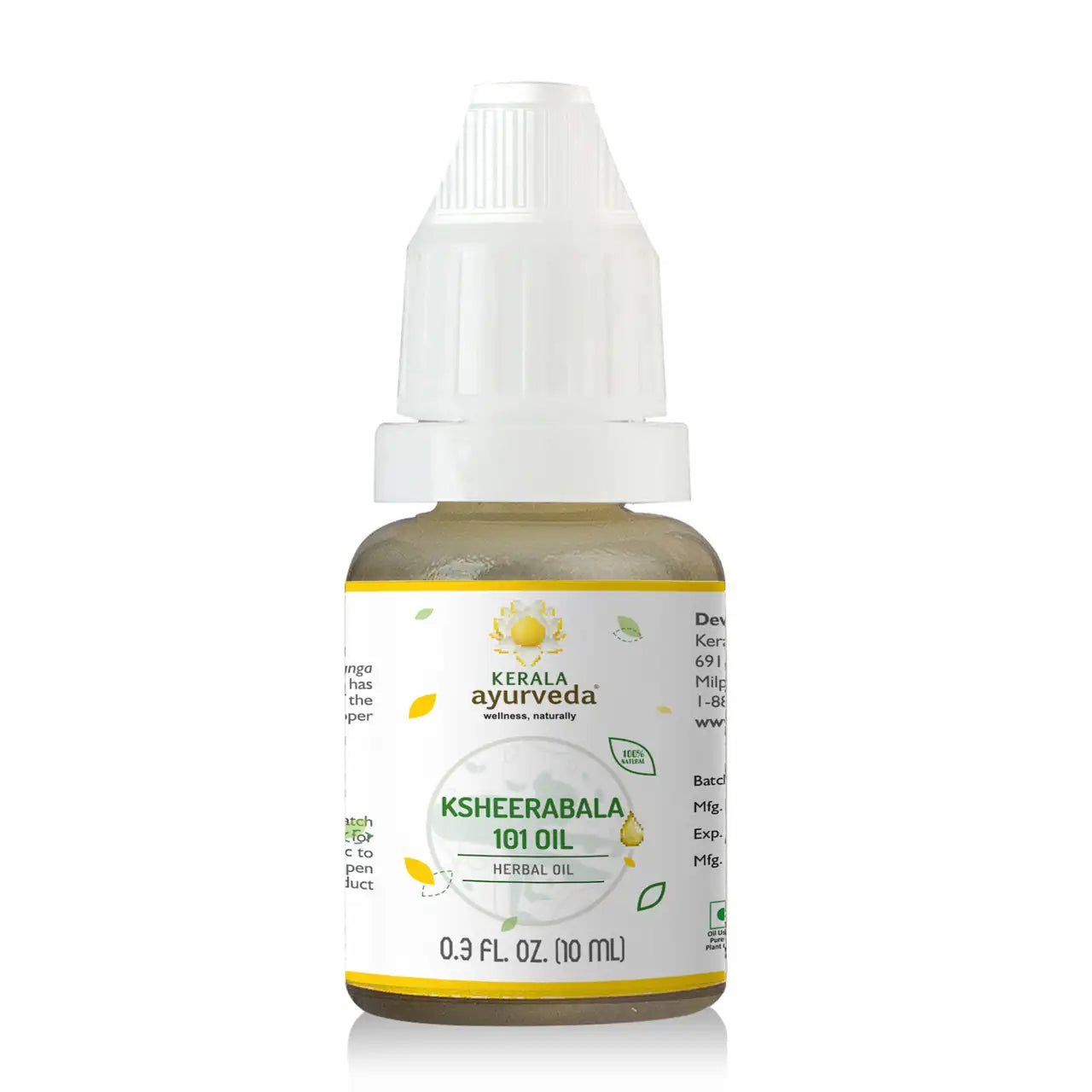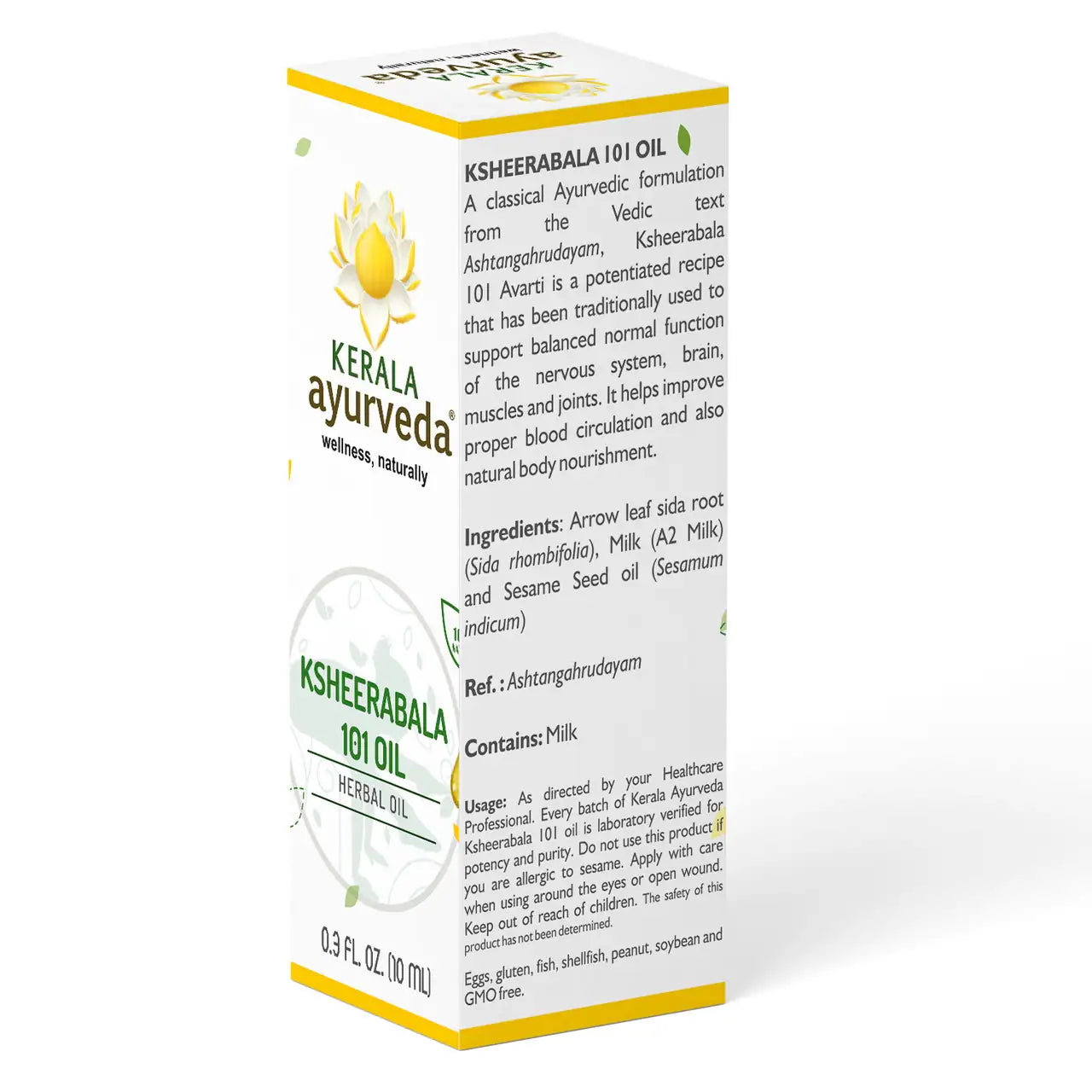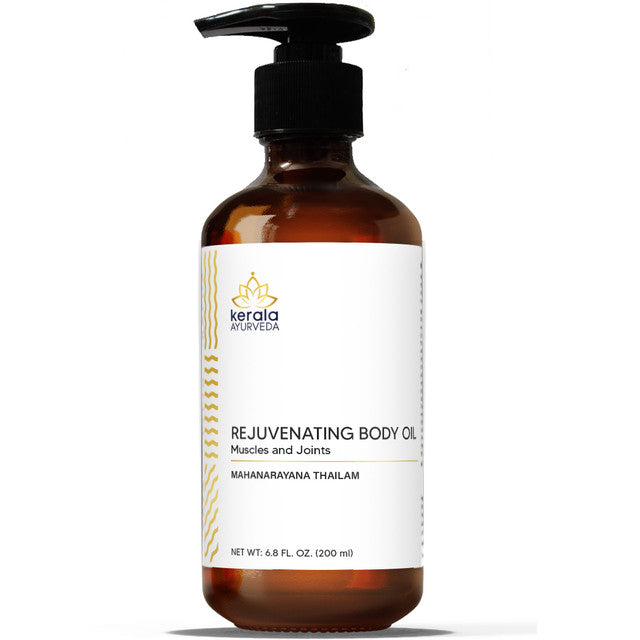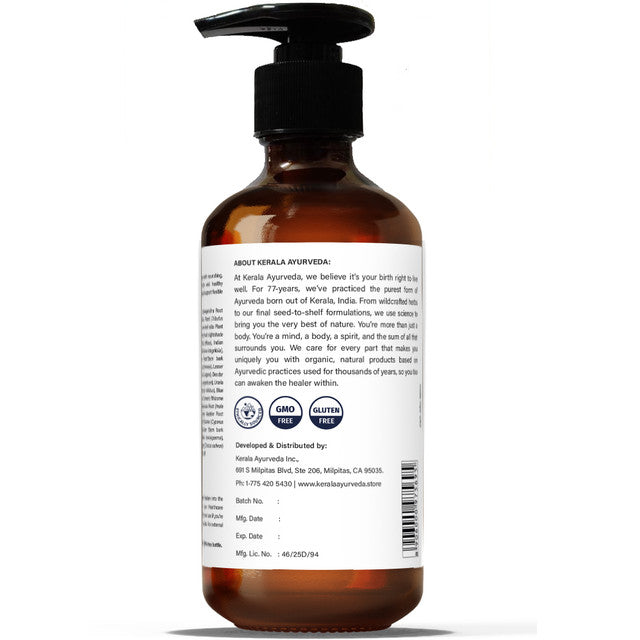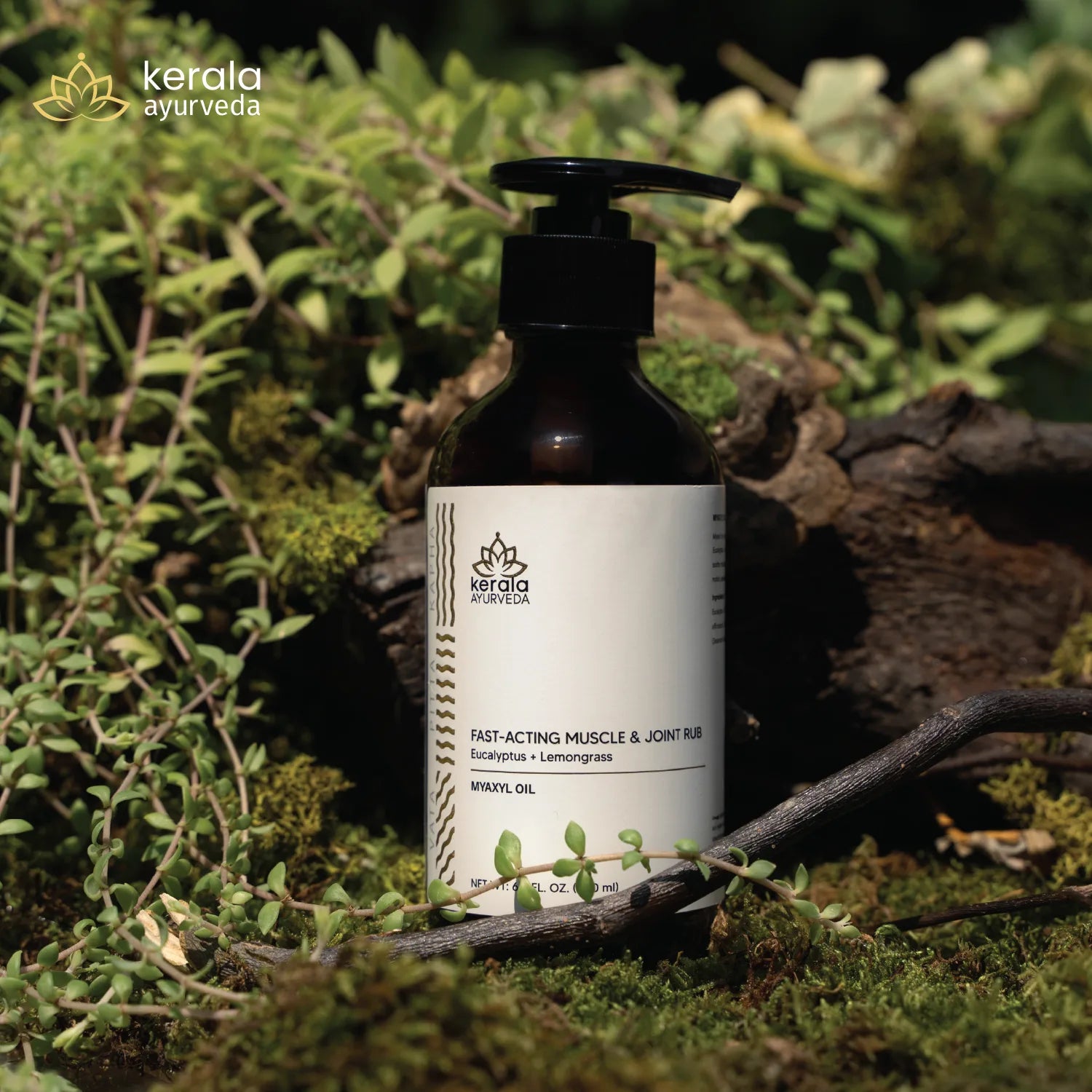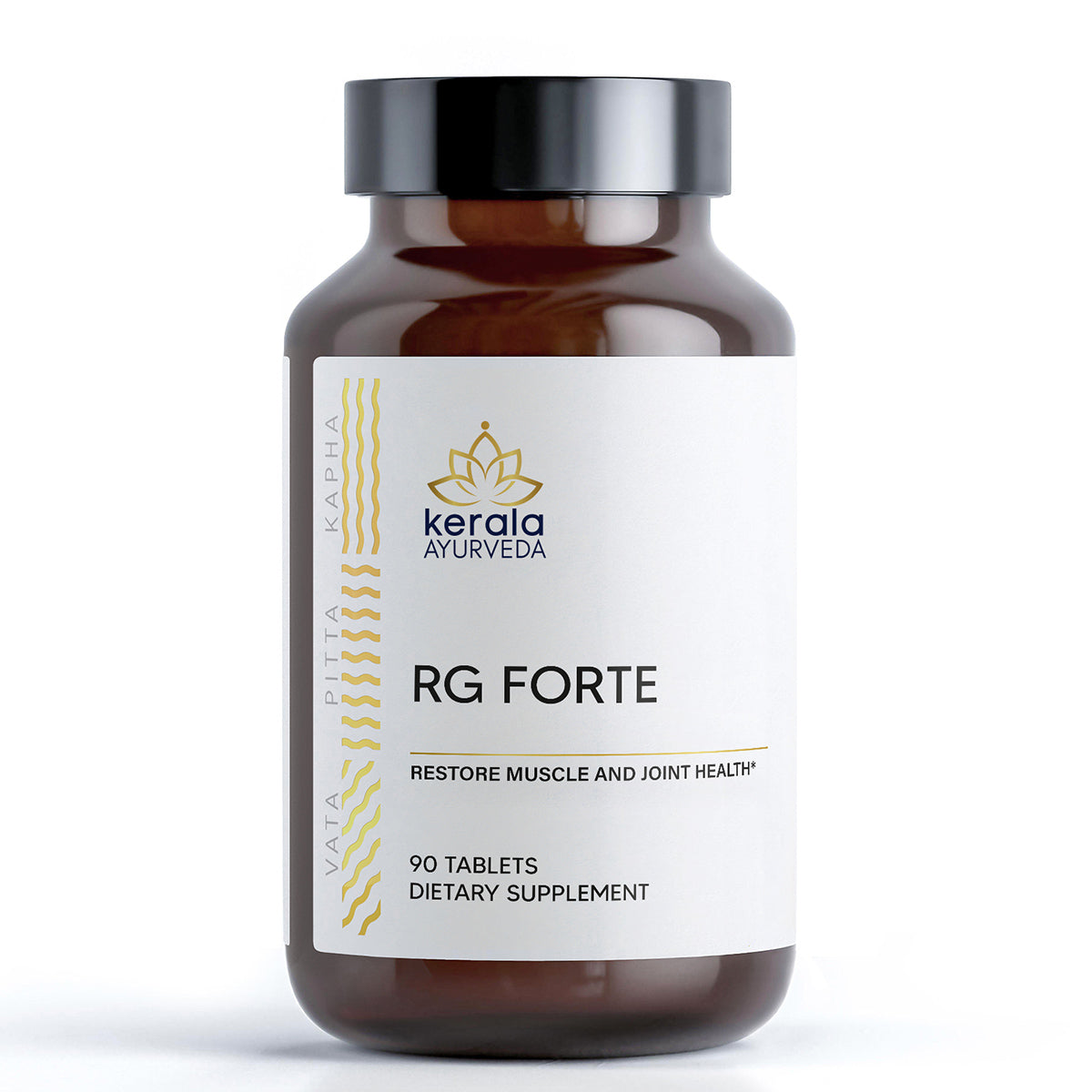Highlights
Chronic stress feels like the modern plague but is far from a new phenomenon. Humans have been dealing with stress since the dawn of time. The difference? Traditional societies had many tools for managing it holistically—through spiritual practices, folk medicine, and cultural rituals.
Among these, Ayurveda—a 3,000-year-old healing system—emphasizes the interconnectedness of the mind, body, and spirit. At Ayurveda’s core are the three doshas—Vata, Pitta, and Kapha—which represent the constitutional types of every individual. Ayurveda’s holistic modalities balance one’s prakriti or constitutional makeup to support the mind-body-spirit connection.
The Ayurvedic Perspective On Stress
From a Western perspective, negative emotions associated with stress, such as anxiousness, are the result of chemical imbalance if not considered ‘just a part of everyday life.’ However, In Ayurveda, stress, or Sahas (as described in the Caraka Samhita, one of three Ayurvedic foundational texts), disrupts the balance of the doshas and depletes ojas, the essence of vitality and immunity. While positive stress (eustress) enhances performance, negative stress (distress) harms the body and mind. Ayurveda views internal stress as a reflection of external stimuli and emphasizes restoring equilibrium within the body and mind to ensure all systems function harmoniously.
Adapt To Stress Holistically With An Ancient Ayurvedic Solution
Among Ayurveda’s many solutions are unique herbs that help restore the body’s natural equilibrium by balancing the doshas, replenishing ojas, and mitigating the harmful effects of distress. By doing so, these plant medicines harmonize mind and body function despite external stressors. Today, these herbs are now recognized as "adaptogens." Adaptogenic herbs have become popular wellness staples for their ability to help us adapt and thrive in today’s fast-paced world.
Considering that up to 80% of doctor visits are linked to stress-related conditions, adaptogens like Ashwagandha may be the modern-day lifesaver we’ve been searching for. Loved by celebrities and wellness experts, Ashwagandha has become a go-to for stress relief. But what makes this Ayurvedic herb so unique?
What Are Adaptogens and Their Role in Stress Management?
Think of adaptogens as your body’s reset tool. Frequently tired? Adaptogens help fight off exhaustion by boosting your energy levels at the cellular level, helping you recover faster from daily stressors, and bringing your body back to a state of balance so you can feel refreshed and ready to take on the day. Adaptogens help restore energy, improve resilience to very stressful situations, and bring you back to balance by normalizing your body's functions. Likewise, if certain body systems are functioning at a hyper level—like an overactive mind—adaptogens can help calm and regulate them.
But adaptogens don’t just help restore the body’s physiological functions. From an Ayurvedic perspective, these “cream-of-the-crop” medicinal herbs manage stress by preventing distress by avoiding its root causes in the first place. In addition, adaptogens strengthen the body’s resilience to distress by balancing the doshas, the dhatus (tissues), and the agni (digestive fire). Through these mechanisms, adaptogens promote overall equilibrium.
Ashwagandha, a star adaptogen, ticks all these boxes and then some. Known as the "Indian Winter Cherry" or "Indian Ginseng," it doesn’t just lower stress hormones like cortisol. It also boosts energy, enhances sleep, and supports emotional well-being. No wonder it’s a staple in so many wellness routines!
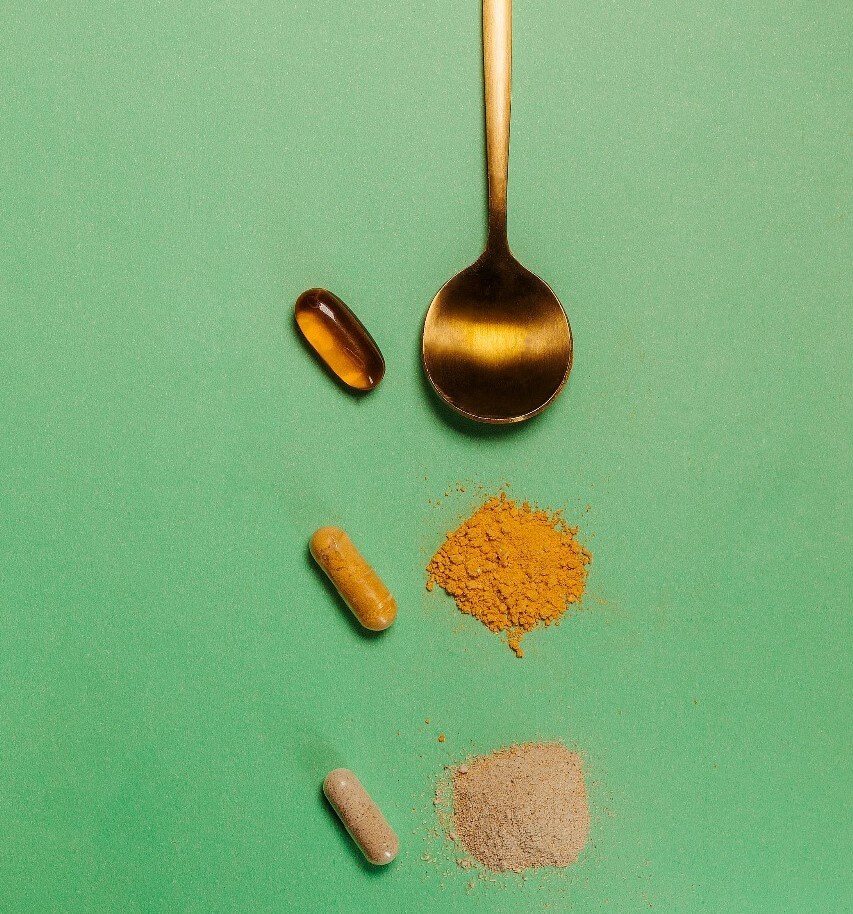
The Stress-Relieving Science of Ashwagandha
Modern science is finally catching up with what Ayurveda has known for centuries: Ashwagandha is a game-changer for stress relief. Here’s what the research says:
- Cortisol Conqueror: A clinical study showed that people taking 300 mg of Ashwagandha twice a day saw a 28% drop in cortisol levels after 60 days. Less cortisol means better sleep, improved mood, and reduced stress.
- Mood Booster: Another study found that Ashwagandha significantly improved anxiety and depression scores. Think of it as a stress shield for your emotional well-being.
- Sleep Supporter: Its botanical name, Withania Somnifera (meaning "sleep-bearing"), hints at its powers. Ashwagandha helps promote restful sleep by activating GABA, a neurotransmitter that calms the nervous system.
Who Can Benefit From Ashwagandha?
If you’re experiencing chronic or acute stress, struggling with poor sleep quality, or need emotional balance, more energy and focus, Ashwagandha can be a natural and effective solution.
Our Ashwagandha Tablets are crafted from pure, potent herbs harvested in Kerala, India—the heartland of Ayurveda. Each serving contains 650 mg of pure Ashwagandha to help you de-stress and feel your best.
Comparing Ashwagandha to Other Stress Relievers
How does Ashwagandha stack up against other popular stress relievers? Let’s take a look:
- CBD: While CBD calms the mind by interacting with the endocannabinoid system, it doesn’t have adaptogenic properties. Ashwagandha’s ability to regulate cortisol and support the whole body gives it an edge for long-term stress relief.
- L-theanine: Found in green tea, L-theanine promotes relaxation without making you sleepy. However, its effects are more immediate and short-lived compared to Ashwagandha’s sustained benefits.
- Other Adaptogens: Rhodiola and Ginseng are also well-researched adaptogens, however, Ashwagandha’s unique mix of calming and strengthening effects makes it a standout.
This isn’t to say that if you’re already taking CBD, L-theanine and other adaptogens you should stop. Each of these has its benefits. By all means, you can take Ashwagandha with these other substances. It’s generally considered safe to take with CBD or L-theanine. This is because these substances work through different mechanisms. However, to be safe, it’s a good idea to introduce one new substance at a time and always stick with the recommended dosage.
Ayurveda’s Holistic Approach to Stress Management
In Ayurveda, stress isn’t just a chemical reaction, as it’s addressed in Western medicine. Summed up, the Ayurvedic paradigm addresses stress as an imbalance in the three doshas—Vata, Pitta, and Kapha—which represent the body’s fundamental constitutional types. By understanding how stress impacts these doshas, Ayurveda offers personalized solutions to restore harmony and balance to the mind, body, and spirit.
Ayurveda offers more than adaptogenic herbs like Ashwagandha to foster balance within these doshas or constitutional types. Take, for instance, the following lifestyle practices, which work in harmony with adaptogens:
- Yoga and Pranayama: These ancient practices calm your mind and strengthen your body’s resilience to stress.
- Meditation: A few minutes of mindfulness each day can reset your stress response.
- Nourishing Diet: Warm, grounding foods and avoiding stimulants like caffeine can make a world of difference.
Together, these practices nurture a harmonious balance of mind, body, and spirit. Adding Ashwagandha to the mix can significantly amplify these benefits. Because Ayurveda is a holistic healing system, it offers even more "Ayurvedic assets" to enhance well-being and support a modern lifestyle.
Boost Your Mind and Mood: The Dynamic Duo of Ashwagandha and Brahmi Pearls
Speaking of modern lifestyles, if you’re staring at screens all day long and have chronic stress, it helps to have as many Ayurvedic assets at your disposal. If you need extra support for mental focus and emotional balance, that’s where the pairing of Ashwagandha and Brahmi Pearls comes in.
Together, they work to calm stress while enhancing cognitive clarity, making them the perfect duo for staying sharp and balanced in today’s fast-paced, screen-centric world. Pairing Ashwagandha with Brahmi Pearls is a potent Ayurvedic nervous system reset. Brahmi, also known as Bacopa monnieri or water hyssop. Considered a natural ‘nootropic’- a substance that supports cognitive functions like memory, focus, and mental clarity, Brahmi pearls are the perfect complement to Ashwagandha’s stress-relieving powers.
Balance Your Mind, Support Your Gut: Ghee For Overall Wellness
Another time-tested Ayurvedic solution with thousands of years of tradition is ghee. Ghee, or clarified butter, is an Ayurvedic staple. Our Kalyanaka Ghee, is a medicinal food that is safe for those who are lactose-intolerant and includes several Ayurvedic herbs such as amla and turmeric, along with healthy fats. This synergistic blend acts fast to support the nervous system and is ideal for those with digestive issues. Whether you take it on its own or mix it into warm milk, this ghee is a soothing addition to your stress-busting toolkit.
How to Choose the Right Products for Your Needs
Managing stress is personal, and Ayurveda has something for everyone:
- Chronic Stress or Burnout: Start with Ashwagandha Tablets to regulate cortisol.
- Cognitive or Emotional Challenges: Add Brahmi Pearls for mental clarity.
- Holistic Support: Incorporate Kalyanaka Ghee for emotional balance and brain-fog-banishing cognitive support.
To find out which products are best for your body type, speak with our expert practitioners.
Embrace Ayurveda for Lasting Wellness
Stress may be inevitable, but suffering isn’t. Ayurveda offers a time-tested approach to managing stress and enhancing overall well-being. With Ashwagandha and other Ayurvedic solutions in your corner, you can find balance and thrive. Ready to take the first step? Explore our curated range of Ayurvedic products that expert Ayurvedic health practitioners recommend. Kerala Ayurveda follows an earth-friendly, conscious-based approach for each and every plant-based ingredient we use. Our line of Ayurvedic products is crafted with a focus on the whole plant. We select the parts that offer the most significant benefit and maximal absorption.
Kerala Ayurveda has the widest range of products that meet California Prop 65 standards (the highest standard on the market).
From women’s health to gut health to immunity and more, Kerala Ayurveda has a time-tested solution for your health concern rooted in ancient wisdom and backed by research.
References:
Nerurkar A, Bitton A, Davis RB, Phillips RS, Yeh G. When Physicians Counsel About Stress: Results of a National Study. JAMA Intern Med. 2013;173(1):76–77.
Panossian A, Wikman G, Wagner H. Plant adaptogens. III. Earlier and more recent aspects and concepts on their mode of action. Phytomedicine. 1999 Oct;6(4):287-300.
Kumar A, Kalonia H. Effect of Withania somnifera on Sleep-Wake Cycle in Sleep-Disturbed Rats: Possible GABAergic Mechanism. Indian J Pharm Sci. 2008 Nov;70(6):806-10.
Chandrasekhar K, Kapoor J, Anishetty S. “A Prospective, Randomized Double-Blind, Placebo-Controlled Study of Safety and Efficacy of a High-Concentration Full-Spectrum Extract of Ashwagandha Root in Reducing Stress and Anxiety in Adults.” Indian J Psychol Med. 2012; 34(3):255-262.
Ross, Stephanie Maxine. "Ashwagandha: An Effective Phytomedicine for Reducing Stress and Anxiety." Holistic Nursing Practice, vol. 37, no. 5, Sept./Oct. 2023, pp. 298-300.




